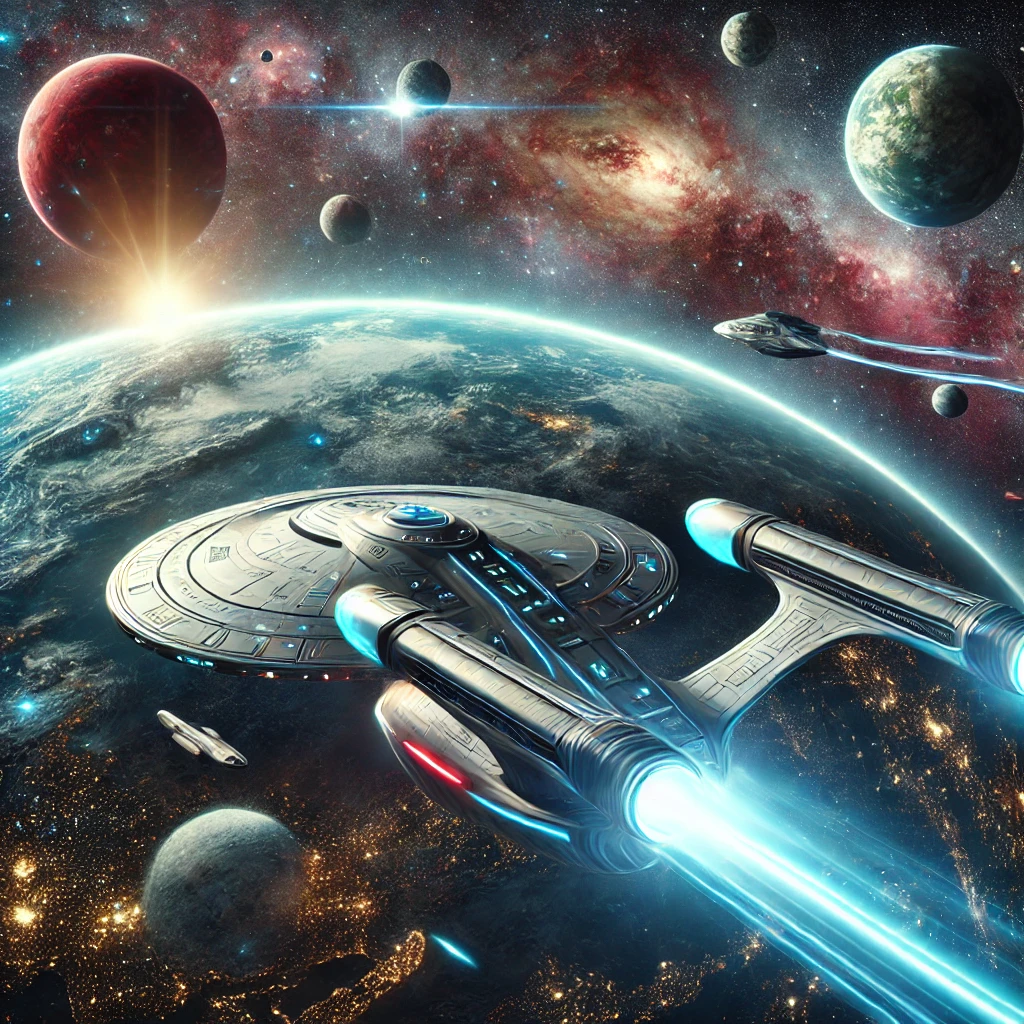Star Trek, initially a short-lived science fiction series, has evolved into a cultural and technological icon that continues to resonate with audiences worldwide. Despite airing for only three seasons between 1966 and 1969, the show left an indelible mark on American culture, influencing technological advancements and societal ideals. Gene Roddenberry’s visionary creation not only provided glimpses of future technology but also carried profound messages about social progress that remain relevant today.
Inspiration for Technological Evolution
One of Star Trek’s most recognized legacies is its influence on real-world technology. Devices such as touch screens, tablets, voice-controlled assistants, and even smartphones can trace their conceptual roots to the futuristic gadgets portrayed on the show. By imagining the future, Star Trek opened new horizons for scientists and engineers, inspiring innovations that became part of everyday life in the late 20th and early 21st centuries.
However, the show’s most critical contribution goes beyond technological innovation. Star Trek presented a social vision that emphasized peace, tolerance, and equality among diverse races and cultures—an ideal that is still far from being realized in our world today. In Roddenberry’s universe, different civilizations coexist peacefully, demonstrating how technological progress could be harmonized with social advancement. Yet, in reality, the social ideals that Star Trek championed remain underdeveloped in many parts of society.
Future Messages for Today’s Debates
“Star Trek: The Motion Picture” (1979), the first feature film from the franchise, explored deeper technological and social issues, particularly concerning artificial intelligence (AI) and its potential impact on humanity. Although some viewers at the time dismissed the film as slow and uneventful, its themes resonate strongly today. The film’s central plot revolves around V’Ger, an artificial intelligence that evolves beyond its original programming, gaining immense knowledge and searching for its creators. This storyline touches on contemporary discussions about AI, its development, and the potential for it to surpass human intelligence.
Today, debates around AI, transhumanism, and digital consciousness dominate
discussions in places like Silicon Valley. What was once considered pure science fiction in 1979 is now edging closer to reality. The film’s exploration of AI gaining consciousness and the potential dangers it poses mirrors current concerns about the ethical implications of artificial intelligence and the impact it could have on society.
Social Progress and Forgotten Ideals
Roddenberry’s Star Trek universe was not just about futuristic technology—it also promised significant social progress. The show’s diverse cast and inclusive narratives were ahead of their time. For instance, civil rights leader Martin Luther King Jr. personally convinced Nichelle Nichols to continue her role as Uhura, recognizing the significance of a Black woman playing a respected, prominent character in a mainstream TV show. This reflects how seriously Star Trek addressed themes of social justice and equality. Yet, despite the show’s forward-thinking messages, many of these ideals remain unfulfilled in today’s world.
Throughout the series, Star Trek tackled issues such as racism, peace, and human rights. In the episode “Let That Be Your Last Battlefield,” for example, two characters from the same species, but with different skin colors, fight over their differences. The episode poignantly highlights the absurdity of racism, making it one of the show’s most powerful moments. Unfortunately, these social messages have not fully translated into widespread change, as racism and inequality continue to persist.
Looking Forward with Hope
Star Trek remains a symbol of both technological advancement and social change. But its most enduring message is not merely about the future of technology but about the future of humanity itself. The show’s portrayal of a future where different cultures live in harmony and where social justice is a given serves as a reminder of what we can aspire to. The future Roddenberry envisioned was one driven by optimism, not fear.
Today, much of science fiction, even the recent Star Trek reboots, presents a dark and dystopian view of the future, filled with danger and despair. But Roddenberry’s original vision was one of hope and confidence. He believed in humanity’s potential to overcome its divisions and strive for a better future. This belief in freedom, tolerance, and shared humanity is the most significant legacy of Star Trek. In a world often dominated by fear and pessimism, these ideals are more important than ever.
Ultimately, Star Trek teaches us that no matter how much technology advances, our guiding principles of respect, compassion, and equality will define our success as a species. While the technological innovations depicted on the show may one day be surpassed, the social ideals it.


